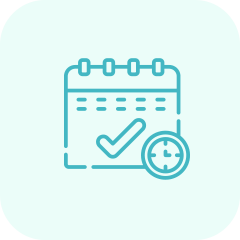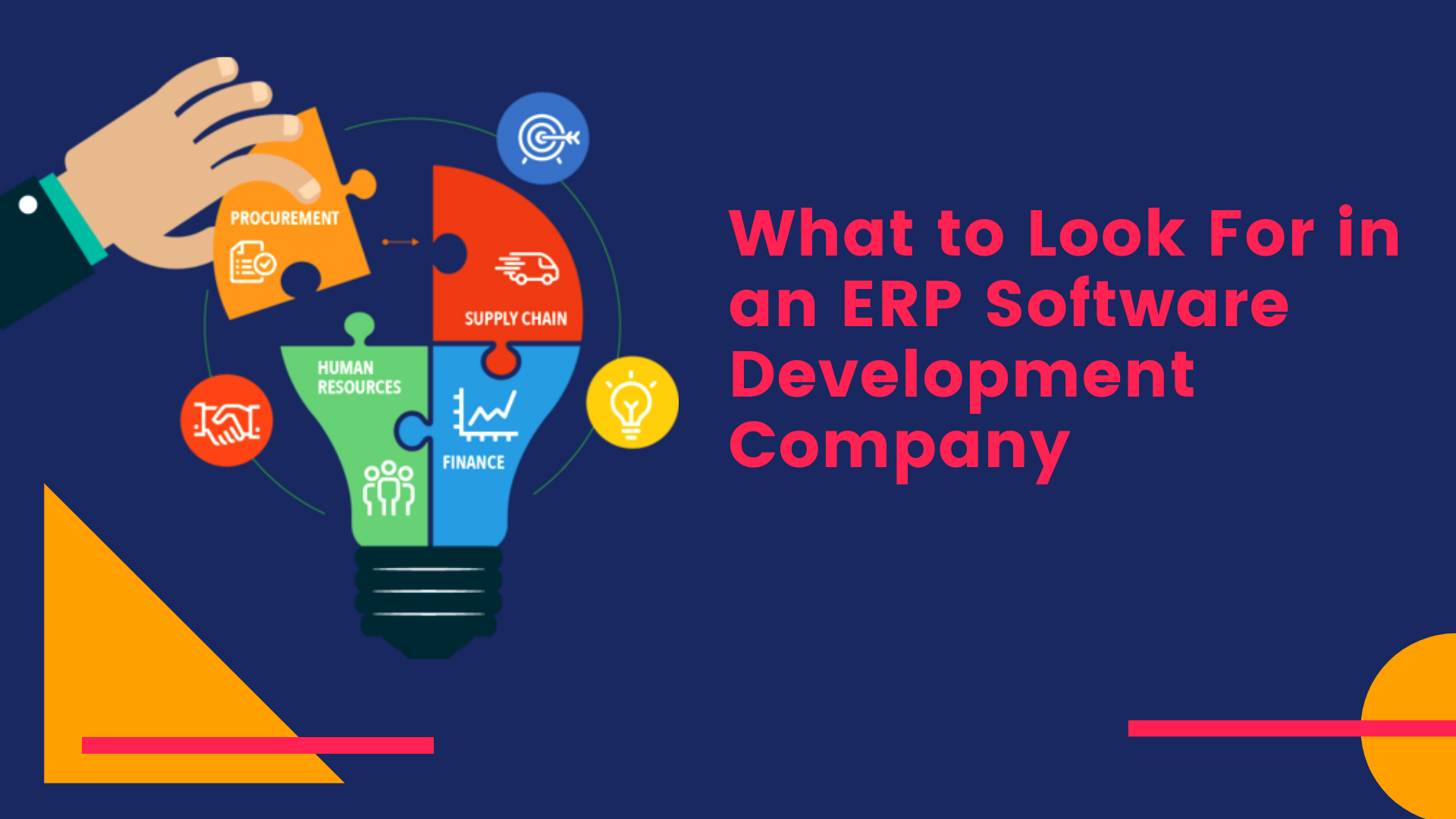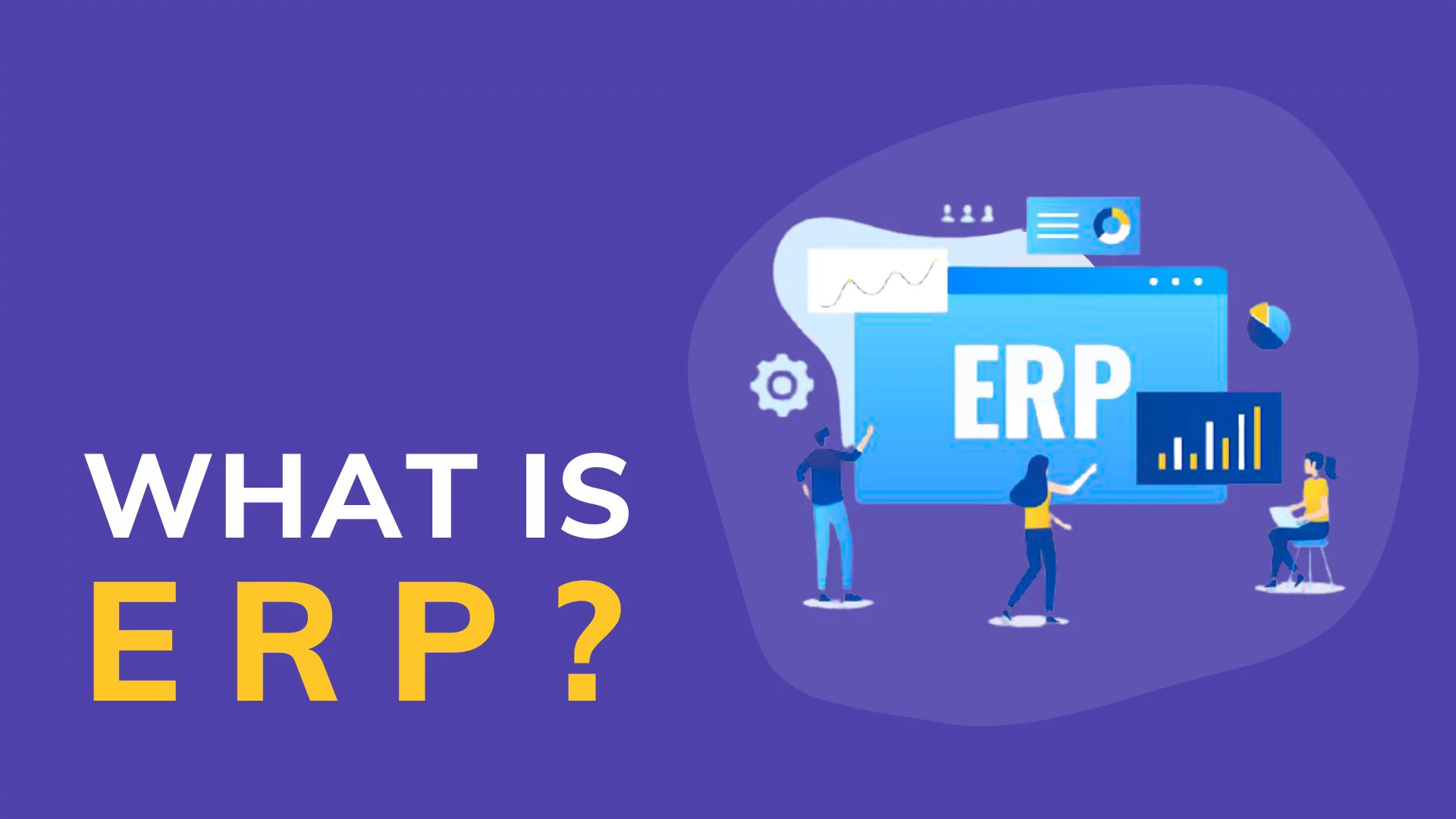care features
What is ERP?
Growing businesses ultimately reach a point where spreadsheets are no longer adequate. That’s where enterprise resource planning software comes in: ERP systems gather and organize critical business data, allowing firms to operate lean, efficient operations even as they grow.
Many business professionals have known about ERP, however, they may not fully comprehend what enterprise resource planning solutions can achieve for their organizations. This blog will fully explain what ERP is, how it works, what it can do for your organization, and how to select the best system.
Enterprise resource planning (ERP) is a process used by organizations to manage and integrate the parts such as planning, purchasing, inventory, sales, marketing, finance, human resources, and more. ERP systems assist them in implementing resource planning by unifying all of the operations required to manage their businesses into a single system.
What is an ERP system and how does it work?


Software Type
ERP system is a type of software used by businesses to handle day-to-day company activities such as accounting, procurement, project management, risk management and compliance, and supply chain operations. A comprehensive enterprise resource planning package also contains enterprise performance management software, which aids in the planning, budgeting, forecasting, and reporting of an organization’s financial outcomes.

Maintaining Growth
An ERP system works by reducing the number of resources required to manage a firm properly while yet maintaining profitability and growth. The ERP system differs from a single application in that it allows your company’s other enterprise modules to share a single database.

Cost savings
Businesses can reduce mistakes and the need to hire new employees at the same rate as the company grows thanks to repetitive operations. Cross-company insight makes it simpler to identify inefficiencies that drive up costs and lead to improved resource deployment across the board. And, with cloud ERP, businesses may immediately discover added value from the software that exceeds what they are spending.
Our services
Outstanding benefits of an ERP
Enhance Collaboration
Employees perform best when they cooperate. Enterprise resource planning solutions make it simple to transfer information among teams, such as purchase orders, contracts, and customer-support records. It breaks through departmental barriers by providing employees with real-time data on relevant business operations.

Scalability
The perfect ERP system will be scalable and adaptable enough to meet your company’s demands and expansion in the future. Cloud systems, in particular, adapt to minor and substantial operational changes as the amount of data captured by the business grow and the demand for access grows.

Flexibility
While ERP software assists firms in adhering to standard practices, it also allows for the support of unique procedures and objectives. Administrators may use the system to develop company-specific processes and automated reporting for various departments and executives. An enterprise resource planning solution boosts your company’s innovation and creativity.

Manage External relationship
An ERP system may help a company’s connections with its partners and customers. It may give information on suppliers, shipping carriers, and service providers, with the cloud allowing for even better and more easy information interchange. When it comes to consumers, the system can track survey replies, support requests, refunds, and other information so that the business can keep a pulse on client happiness.

On-premise
These systems are installed on your own servers, so you have more control over them. They’re usually more expensive than cloud-based enterprise resource planning systems, but they’re also more customizable and often have better security.















